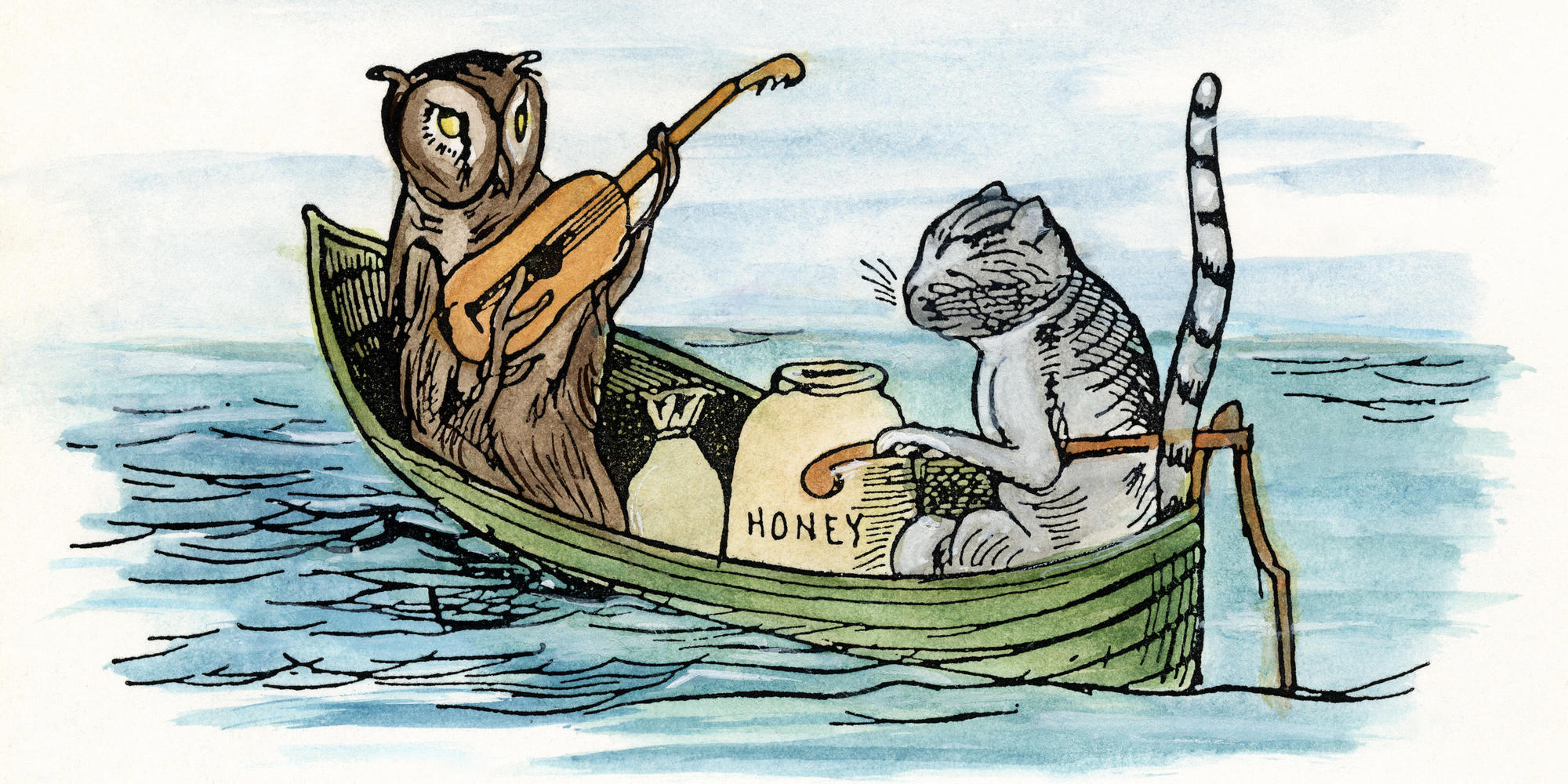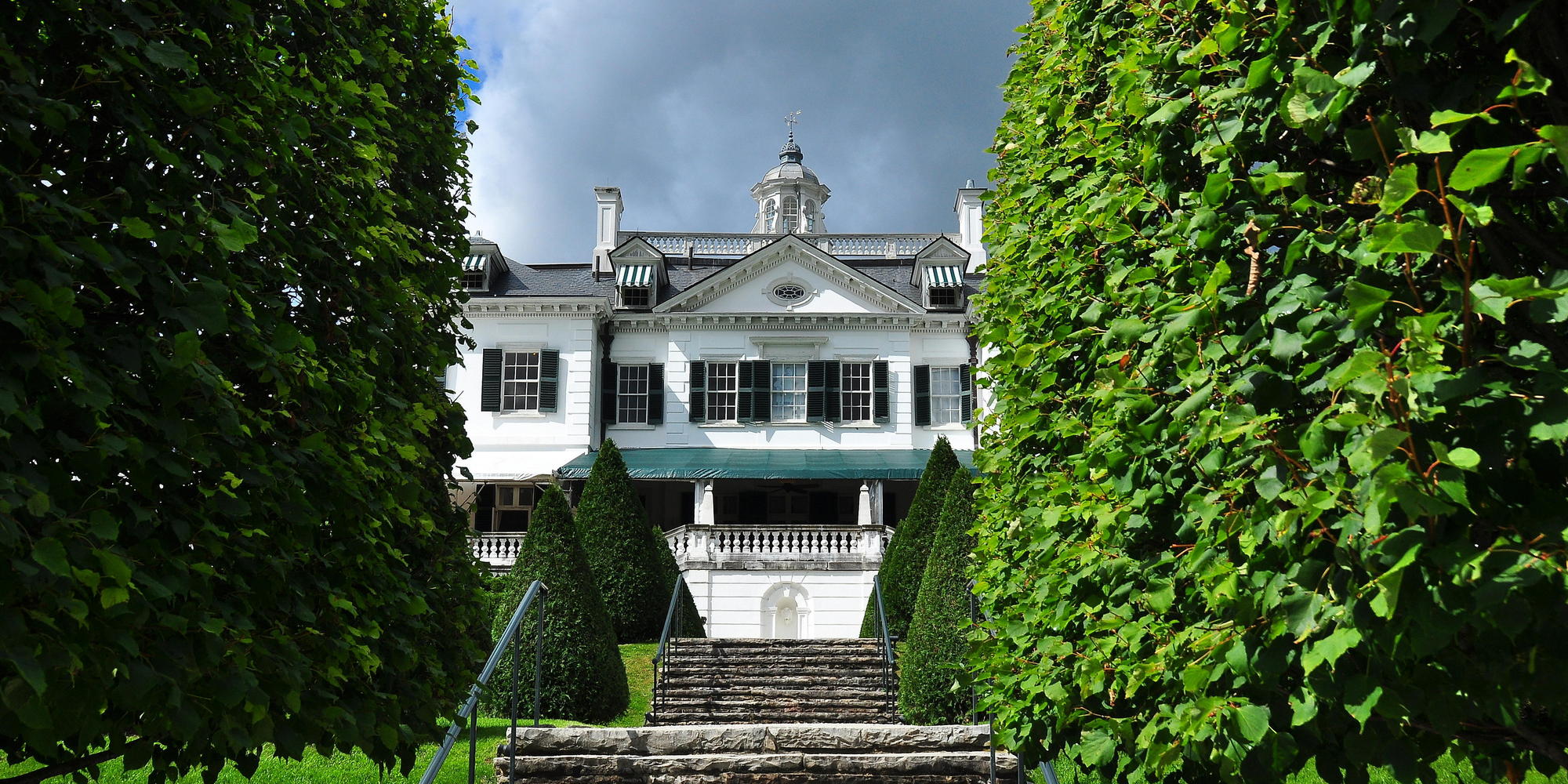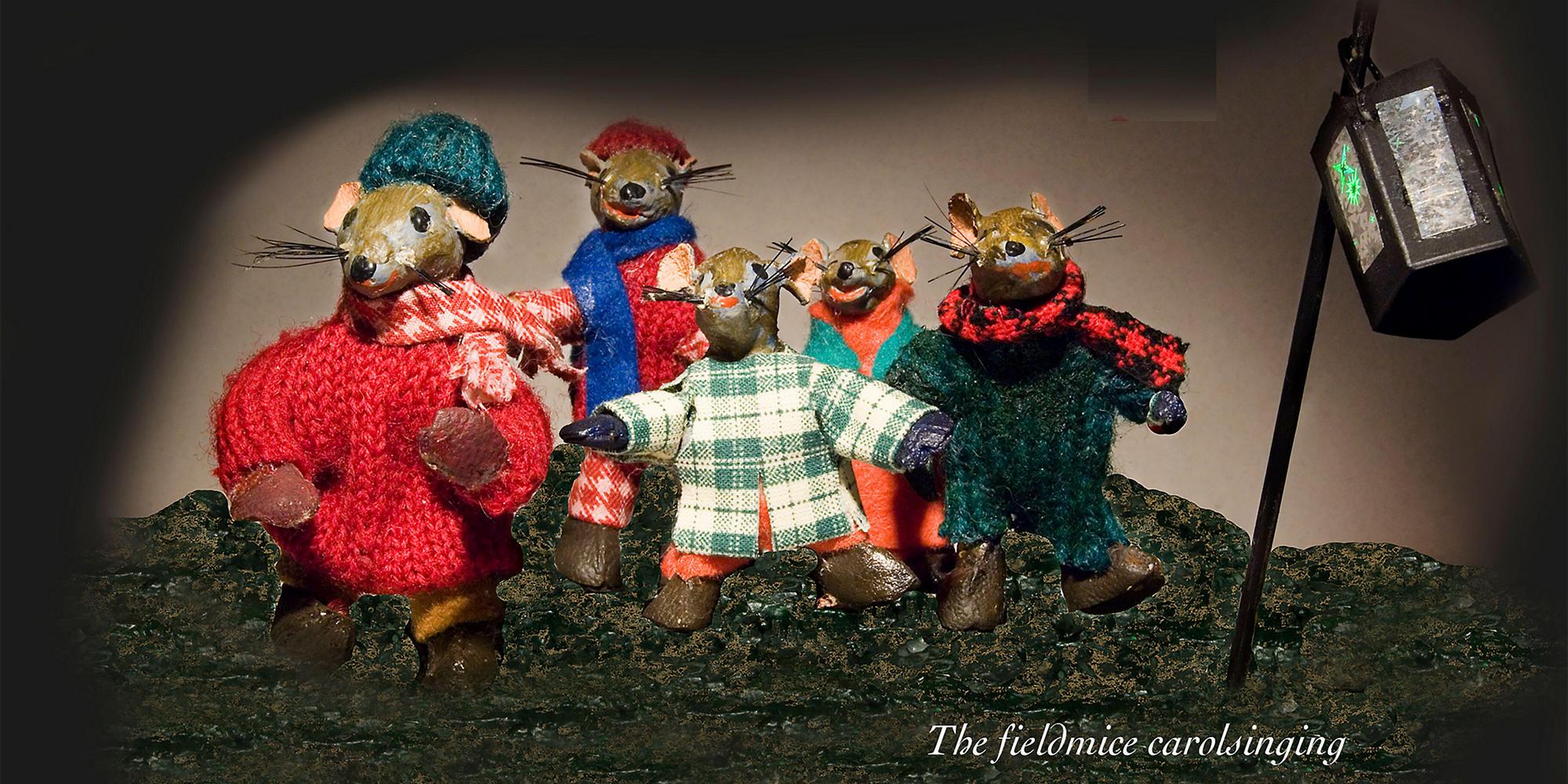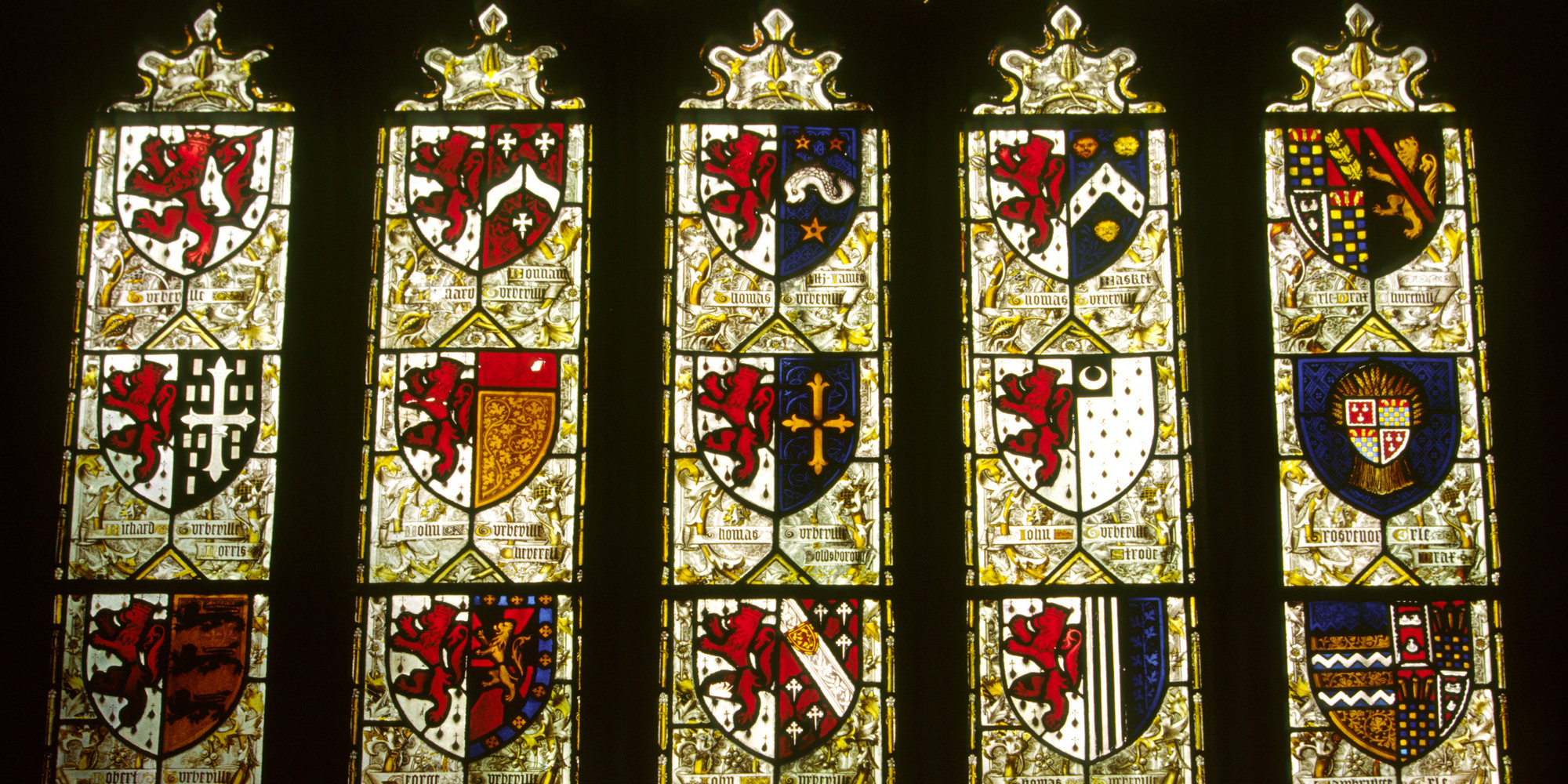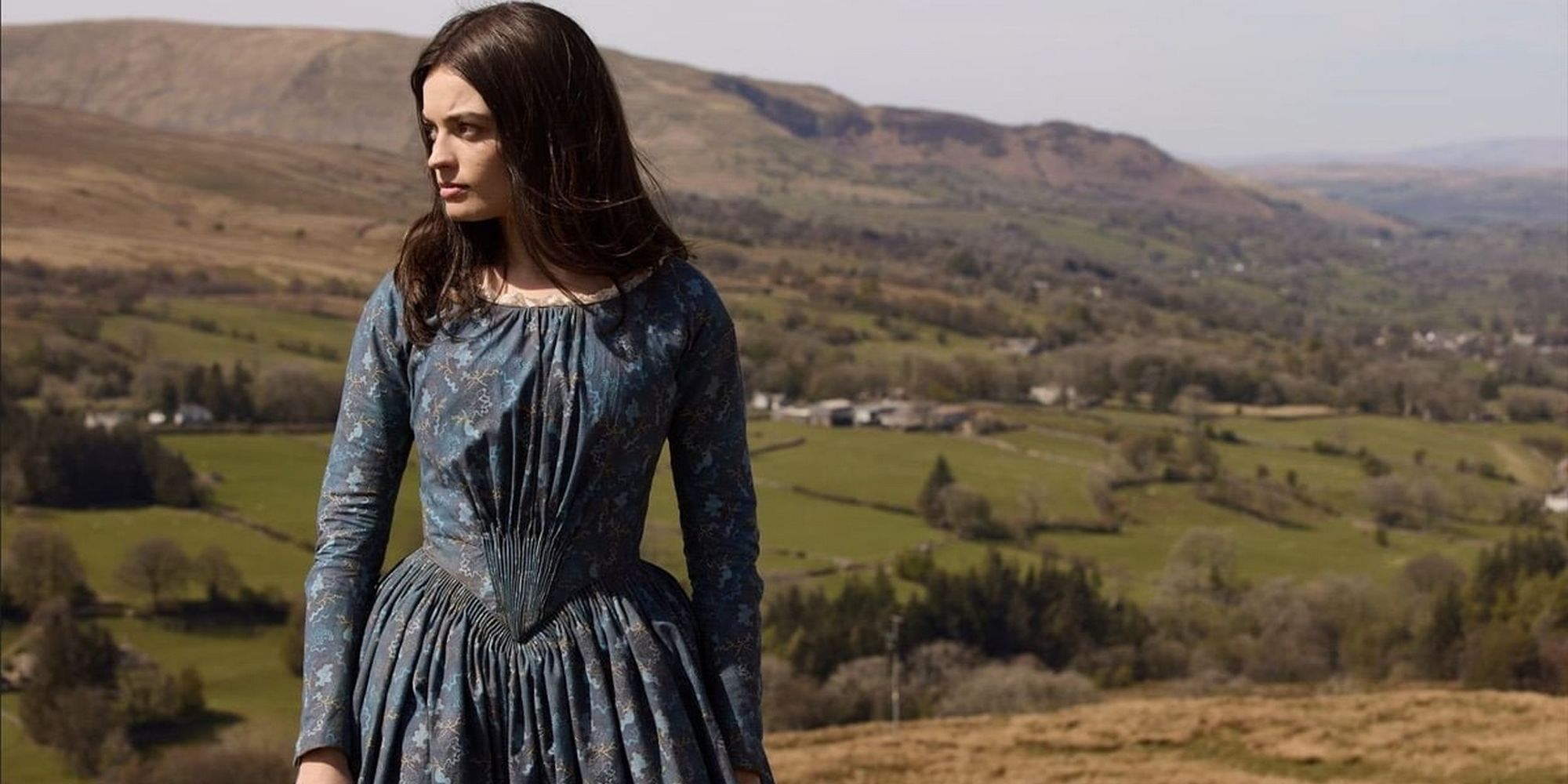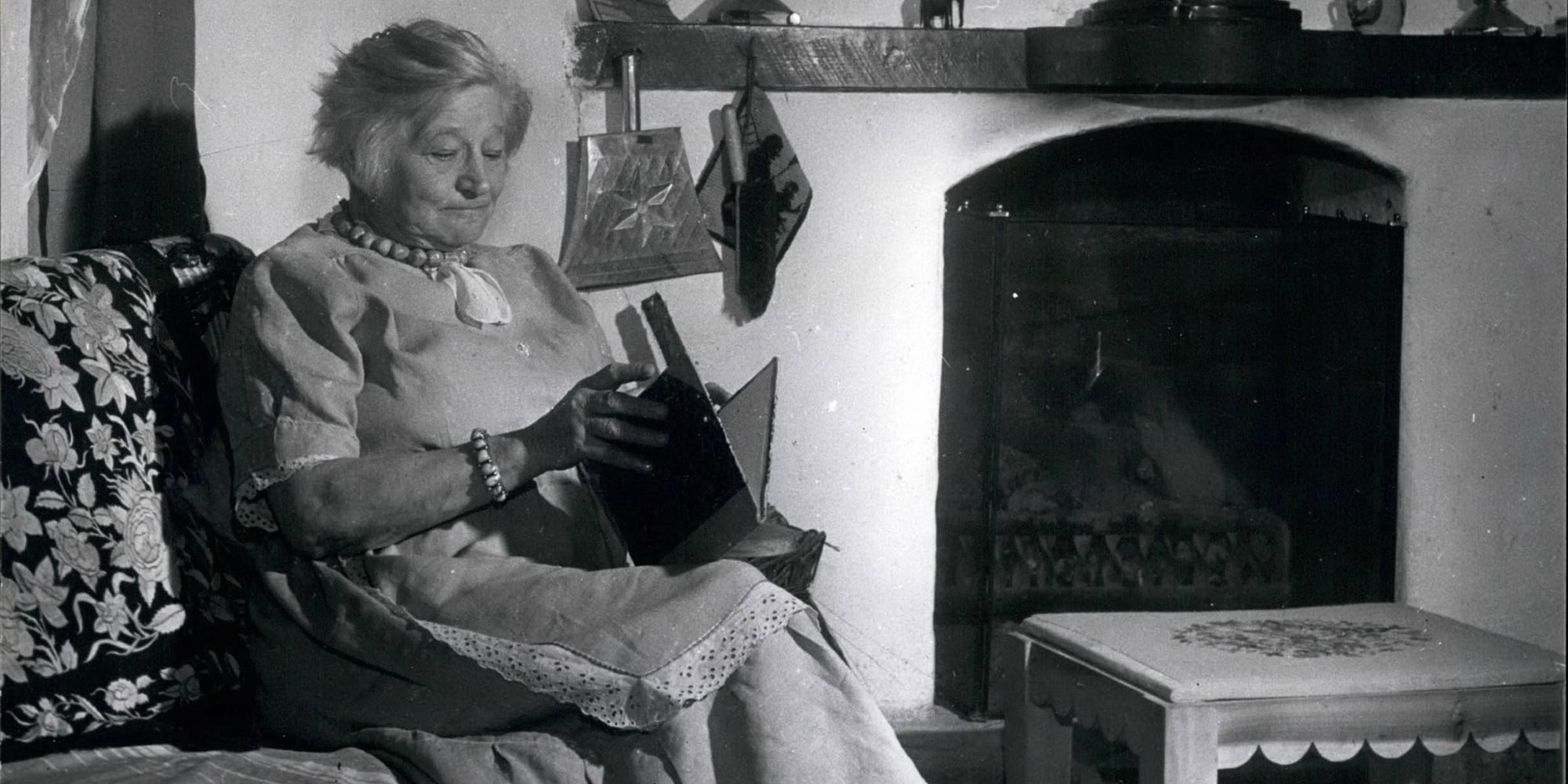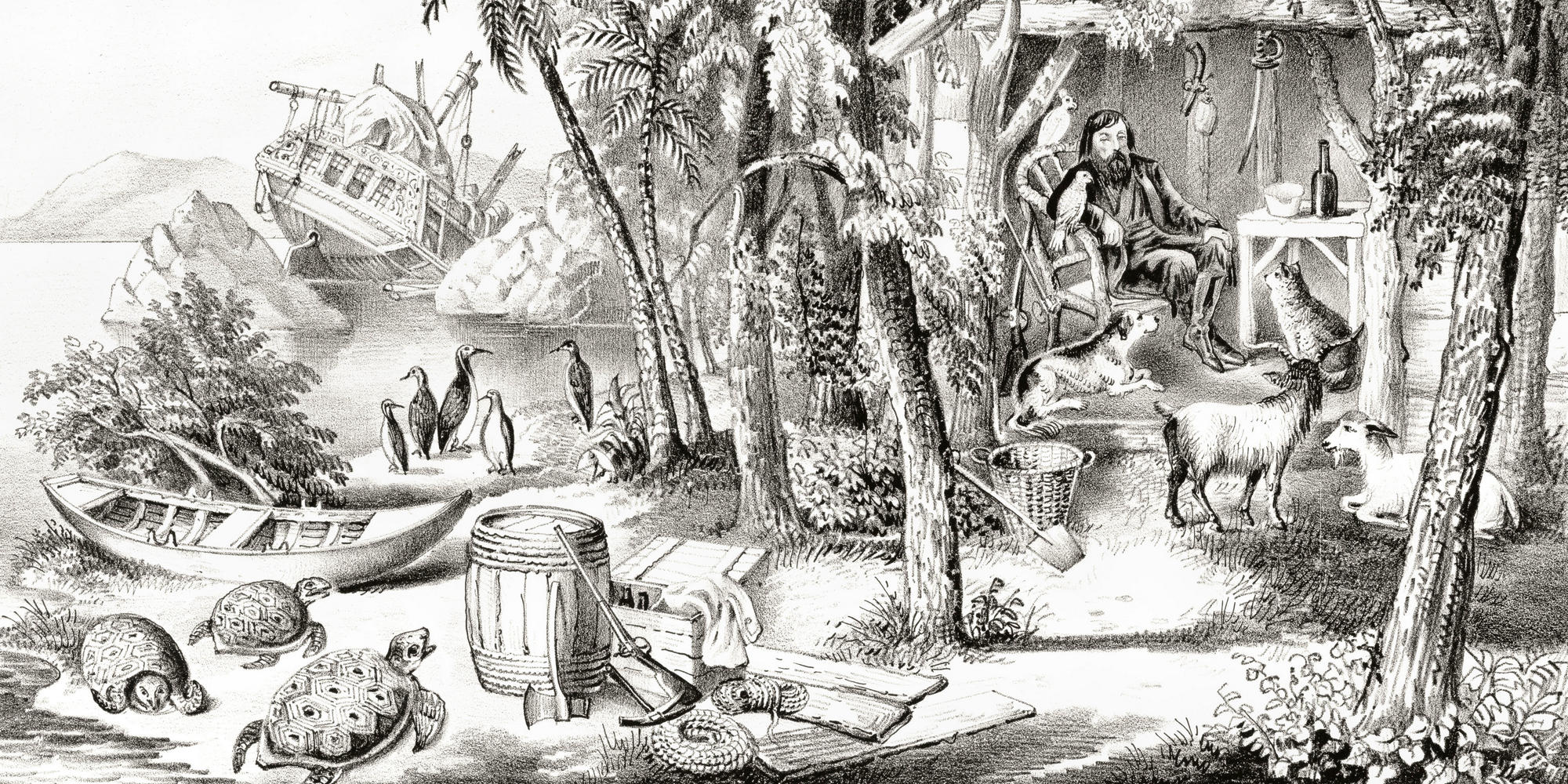BLOG POSTS
Category: Author
Complete Nonsense by Edward Lear
Although also an artist and composer, Edward Lear is deservedly best-known for his nonsense in all its many forms: songs, stories, poems, drawings, recipes, alphabets and limericks, a form which he popularized. Described by Lear as simply ‘innocent mirth’, his Complete Nonsense is not only an experience in the absurd, but reveals much about children’s… Read More
The supernatural fiction of Edith Wharton
Steve Carver discovers the supernatural fiction of Pulitzer Prize-winning author. The Mount in Lenox, Massachusetts is the house that Edith Wharton built. She designed it as an elegant retreat from New York society in which she could write and her mentally ill husband, Teddy, could hopefully find some peace. The couple lived within its white… Read More
Scene at Christmas
David Stuart Davies looks at festive moments in literature. It is perhaps not surprising that many writers have included a Christmas scene or passage in their novels. It is a time of year when passions are roused and the potential for great comedy or chilling melodrama is rife. Christmas is like an isolated moment in… Read More
A winter journey into Thomas Hardy’s Tess of the D’Urbervilles
When I am preparing a blog, I often dwell on the novel or poetry I am writing about, and sometimes the author, for a few days or even weeks beforehand, so that other experiences often chime with that inner conversation. So it has been with Tess of the D’Urbervilles, Hardy’s great tragic novel with ‘A… Read More
The Timeless Story of The Railway Children
The story of The Railway Children is one that has resonated with readers for over a century. Now, beloved children’s author Jacqueline Wilson has put her own twist on E. Nesbit’s tale, modernising the narrative for a whole new audience of young readers. The Primrose Railway Children, her own title, was released in paperback earlier… Read More
Sally Minogue looks at Emily
Emily, a film loosely based on Emily Brontë’s life, has hit the screens. Sally Minogue finds herself at odds with the rave reviews. As soon as I had seen the film Emily, I knew what the first sentence of this blog was going to be: ‘Emily is pure codswallop’. But me no buts. But …… Read More
David Stuart Davies looks at Agnes Grey
Agnes Grey was Anne’s Brontë’s first novel, written at the time when her sister Emily was working on Wuthering Heights and sister Charlotte on The Professor. David Stuart Davies takes up the story. ‘The statistics touching lunatic asylums give a frightful proportion of governesses in the list of the insane.’ – Fraser’s literary magazine, 1844… Read More
What if?
How might a different marriage have impacted on D.H. Lawrence’s writing career? David Ellis considers a literary counterfactual. There are some historians who are inclined to ask `what if’ questions: what if the Spanish Armada had managed to land on these shores, or our air force had lost the Battle of Britain? These speculations are… Read More
Sally Minogue re-evaluates Robinson Crusoe
The story of Robinson Crusoe is familiar to us in many forms; here Sally Minogue re-evaluates Daniel Defoe’s novel some 300 years after it was first published. I touched briefly on Robinson Crusoe (1719) in my final ‘Empire’ blog as an example of a novel whose depiction of power relations received a countering fictional response in… Read More
